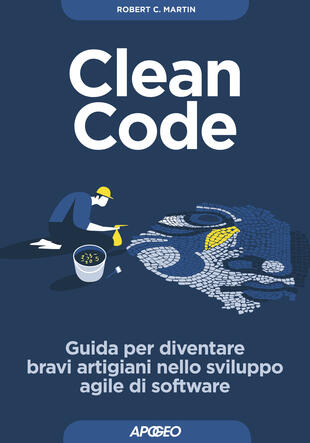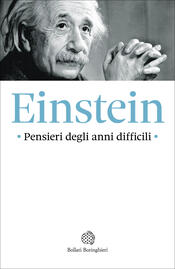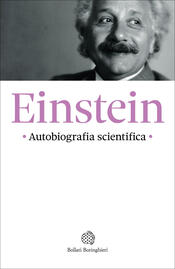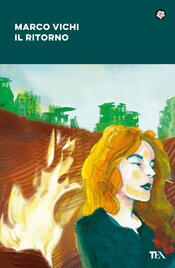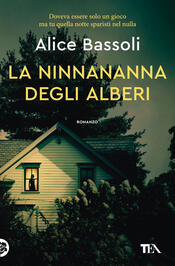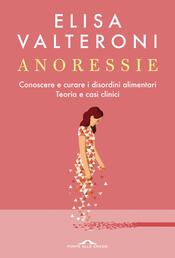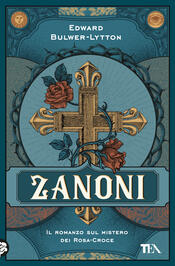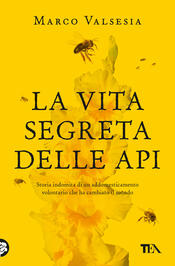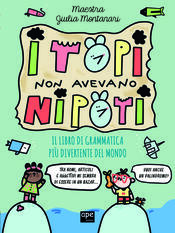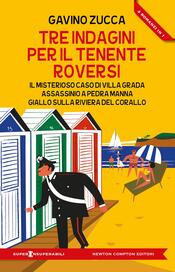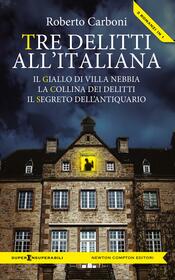Clean code. Guida per diventare bravi artigiani nello sviluppo agile di software
Acquistalo
Sinossi
Un codice cattivo può certo funzionare ma un codice non pulito alla lunga può mettere in ginocchio interi progetti e organizzazioni. Ogni anno un numero incalcolabile di ore e risorse sono perse a causa di codice mal scritto. Ma non bisogna rassegnarsi a questa situazione. In questo testo Robert Martin presenta il suo approccio agile alla scrittura di codice pulito on the fly frutto dell'esperienza condivisa con i suoi colleghi di Object Mentor. L'obiettivo è trasmettere i valori di un artigiano del software e mostrare come diventare un programmatore migliore imparando a distinguere il buon codice da quello cattivo. Il volume è diviso in tre parti. La prima descrive i principi, i modelli e le pratiche per la scrittura di un codice pulito. La seconda presenta casi di studio di complessità crescente: ognuno è un esercizio che mira a trasformare del codice problematico in codice efficiente. La terza, racchiusa in un unico capitolo, raccoglie e sintetizza tutti gli insegnamenti della seconda parte. Il risultato è un corpo di conoscenze comuni a chi scrive, legge e soprattutto rende pulito il codice. Una lettura per ogni sviluppatore, ingegnere informatico, project manager, team leader e analista di sistema.
- ISBN:
- Casa Editrice:
- Pagine: 435
- Data di uscita: 22-03-2018
Recensioni
The first half of this book is well worth a read. Then I was reminded of Martin Fowler's (I think) comment that the original Design Patterns Elements of Reusable Software book was a response to the limitations of C++. It dovetailed so well into Java because Java has a lot of the same annoying limita Leggi tutto
This book makes some very good points, sometimes taking them to extreme ("Never write functions longer than 15 lines! Never write functions with more than three arguments!"). Some of these points were quite new and useful for me - YMMV. It's too Java-specific in a few places, and reading the last re Leggi tutto
I had a tough time deciding between 3 or 4 stars. The book should be called Clean Java Code. Some of the concepts definitely translate to other languages, but it uses Java for all of the examples and some of the chapters are dedicated to Java-specific issues. I consider many of the the suggestions to Leggi tutto
If you are a programmer, you must read it! full of good examples of how to write clean and readable code.
I was extremely underwhelmed with Clean Code ! As other reviewers have noted, this book completely Java-centric and incredibly narrow in its object-oriented focus. Nowhere on the front cover, spine, or back cover is this mentioned at all. Clean Code also relies heavily on other published works. In the Leggi tutto
Great great book on principles of clean code. The only problem with the book was that it’s obsessively written for Java. Even though, there are still many principles you can apply to any other languages from C to Python. Although have to say, you have to do your own research for applicability of the Leggi tutto
The first half of the book is a worthy read: it contains the principles of clean code and practical advice to follow. Unfortunately the code examples are very Java-specific and overall dated. Much of the advice is phrased in the way of object oriented languages, which limits the overall applicabilit Leggi tutto
به نظرم این کتاب برای برنامهنویسان تازه کار خوبه. خیلی از چیزهایی که توش گفته شده رو به شکل تجربی میشه بهشون رسید. من یه فصلش رو که توش یک تکه کد رو ریفکتور میکرد رو چاپ کردم که خط به خط و با دقت بخونم، ببینم زمان ریفکتور چی تو ذهنش میگذره. بعد دیدم چیز خیلی عجیبی نبود و من هم اگه بودم شبیه همین کا Leggi tutto
Citazioni
Al momento non ci sono citazioni, inserisci tu la prima!
